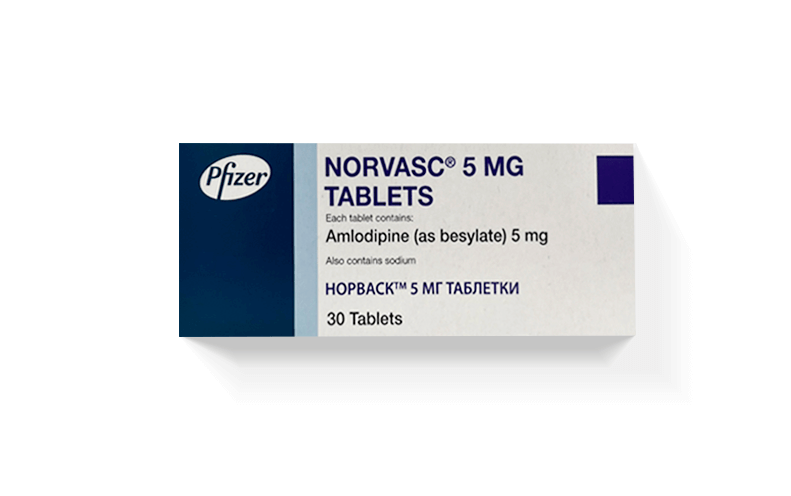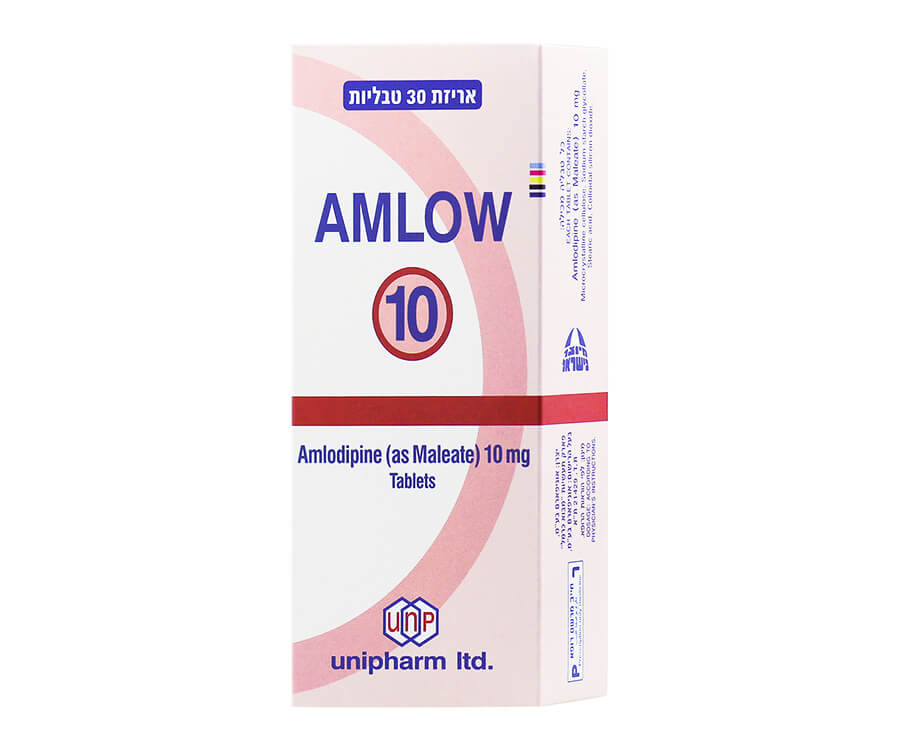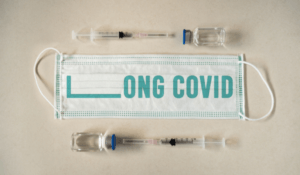Norvasc (generic name: amlodipine) is a calcium channel blocker that relaxes blood vessels, making it easier for the heart to pump blood. It is prescribed to treat high blood pressure (hypertension), some types of angina (chest pain) and coronary artery disease (blocked arteries of the heart). By lowering blood pressure, amlodipine reduces the risk of strokes, heart attacks, and the development of kidney problems.
Dosing
Follow the doctor’s and pharmacist’s instructions.
Norvasc can usually be taken at any time of the day or night; however, the prescribing physician may recommend that Norvasc should be taken at night, usually if your blood pressure has been shown to drop sharply while asleep (nocturnal dipping). It is best to take it at approximately the same time every day to get consistent effects.
Missed doses should be taken as soon as possible, but not more than six hours after the scheduled time. If the dose cannot be made up within that time, it should be skipped to avoid double-dosing.
This text is for informational purposes only. Please consult your doctor or pharmacist before using any medication.
The mild side effects of Norvasc include:
- Edema (swelling)
- Headache
- Fatigue
- Palpitations (irregular heart rate)
- Dizziness
- Nausea
- Flushing
- Abdominal pain
- Sleepiness
- Lack of energy and strength (Asthenia)
- Itchiness or skin rash
- Muscle cramps
- Erectile dysfunction
These should normally clear up after a few days, but if they persist or worsen, discuss this with a doctor or pharmacist.
Consult with a doctor at once if you experience a serious side effect such as:
- feeling like you are going to faint
- swelling of the hands, ankles, or feet
- pounding heartbeats or fluttering in the chest
- chest pain or heavy feeling
- pain spreading to the arm or shoulder
- nausea, sweating, and generally ill feeling.
In very rare cases, amlodipine can cause a serious allergic reaction called anaphylaxis. Call 911 and get emergency medical help immediately if there are any signs of an allergic reaction, such as hives, difficulty breathing, or swelling of the face, lips, tongue, or throat.
Norvasc is prescribed to lower blood pressure in the treatment of hypertension. Reducing blood pressure lowers the risk of cardiovascular events (heart attacks) and strokes.
Chronic kidney disease can be a consequence of hypertension, so Norvasc can slow down the rate of progression of kidney disease.














